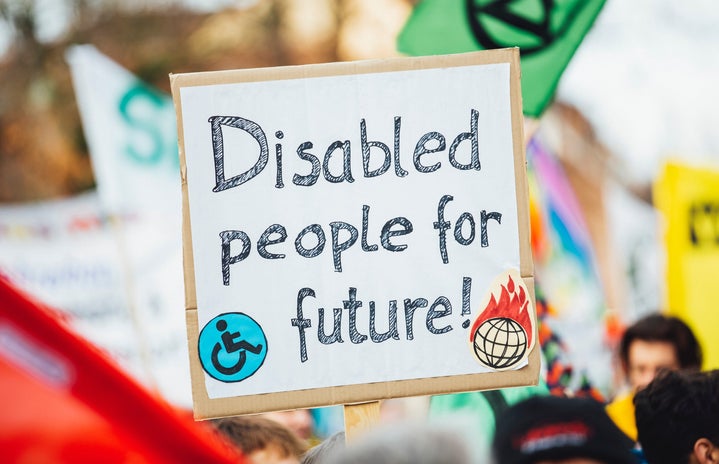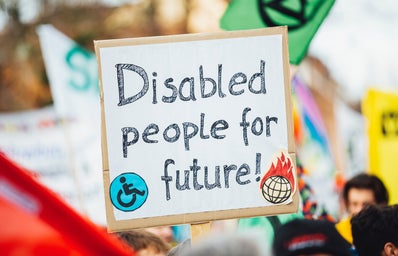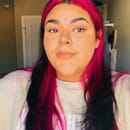By: Liliana Alvarado
While everyone is talking about the slap heard around the world, there were two important moments during the Oscars that some may have missed. Something that most did not notice was the disability representation that was shown during the Oscars.
CODA, which is the first film starring a predominantly deaf/non-hearing cast, won best picture, and Liza Minnelli presented an award while dealing with viral encephalitis that has her in a wheelchair. What made the moment even more special was artist Lady Gaga who supported the actress in presenting the award and still allowed Liza to maintain her dignity and respect for her contributions. Although these were short moments, we have come to understand that representation matters, and hopefully, the acts of representation can be repeated.
Unfortunately, it is not uncommon for the disabled community to become a forgotten community. While we are constantly talking about how important it is to include intersectionality when discussing feminism, we often forget to include individuals with disabilities in the same conversation. And now that Will Smith’s slap to Chris Rock is the only thing being talked about (which is understandable), the spotlight is not being shone on the disability representation that happened on the same night.
I believe that we commonly assume disabled individuals are helpless and always suffering due to living in a world that refuses to adapt to them. While it might be hard, for years disabled individuals have been able to survive in a world, especially in a country like the US, that is not trying to accommodate their needs. I remember in my senior year of high school, I was taking a test and there was a phrase that said, “if everyone was to become deaf and blind, those who already were, would soon become the leaders”. It shouldn’t have to reach that point for us to imagine people with disabilities as leaders or worthy of receiving the same opportunities as able-bodied folks.
If you call yourself an ally or even feminist, disabled individuals should always be included in your conversations that involve the topic of helping the communities around us. Just like how different POC created their own social movements to bring change, so did the disabled community. I recommend watching the documentary Crip Camp on Netflix, which talks about a summer camp for teens with disabilities who ultimately decided to build a movement to fight for greater equality for their community. And as you will see in the documentary, you will see individuals with different disabilities from different backgrounds and identities.
I hope that as we continue to fight for a better world for everyone and have conversations regarding what we need to make this a better world for people to live in, we need to remember to invite and include disabled individuals in these spaces and conversations. For too long they have been left out and it is time that we join in in their fight to make this world accessible for everyone and anyone.


